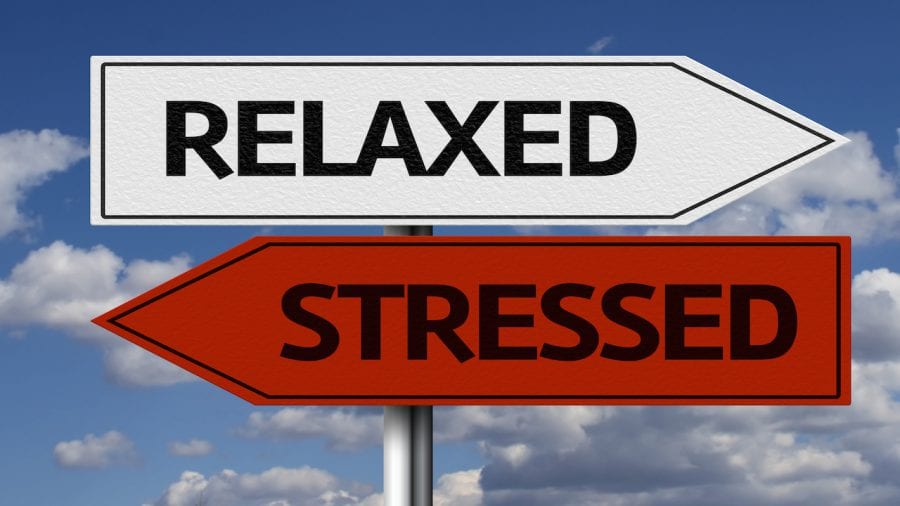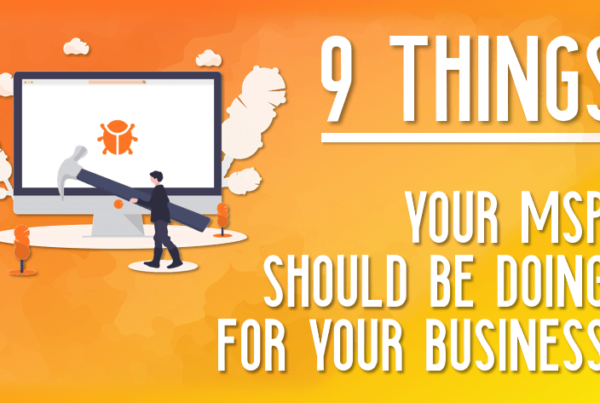
Workplace stress happens to even the most well-adjusted of us. Even if you love what you do, there will be certain interactions or situations that will cause you stress. Short-term stress, caused by a looming deadline or a challenging project, is usually unavoidable, but fortunately less harmful than chronic stress.
Chronic stress is defined as “the response to emotional pressure suffered for a prolonged period of time in which an individual perceives he or she has little or no control. It involves an endocrine system response in which corticosteroids are released.”
In a 2012 survey, 65% of Americans named work as their number one source of stress. Perhaps unsurprisingly, only 37% of those surveyed said they were doing a “very good” job of managing their stress. With only 36% of companies providing resources targeted at reducing stress, many people are forced to turn to other avenues to learn how to cope.
Identify the Source
The first step to managing stress is understanding where that stress is coming from. Some common sources of workplace stress are disproportionate workloads, insufficient pay rates, work that isn’t challenging or doesn’t provide opportunities for growth, and a lack of clear expectations from supervisors. In order to identify which conditions are causing you the most stress, keep a journal for a week or two. Write down stressful situations and how you deal with them. This will help you see a pattern of what is stressing you out as well as the steps you take to de-stress yourself.
Handling Workplace Stress
Once you understand where your stress is coming from, you can begin to manage it. A first step can be to deal with stress in a healthy way. Rather than self-medicating with alcohol or binge-eating, try exercising. Even getting out of the office for 20 minutes and taking a walk around the block can help your stress levels immensely.
Another coping mechanism is to establish boundaries. Unless your job requires you to be available after hours, shut your notifications off when you leave the office. If this is unrealistic, at least set aside an hour each day to disconnect and focus on things other than work.
It’s important to take time to rest and recharge. Allow yourself to have “me time” to engage in your favorite activities. Whether it be reading a book, playing with the dog, or watching the game, take time to do things that leave you feeling better than you did when you began.
Finally, if it becomes increasingly apparent that your stress cannot be managed without outside help, talk to your supervisor. See what sorts of accommodations can be made to help you get back to your optimal performance level.
Brandi-Ann Moore, PEI




